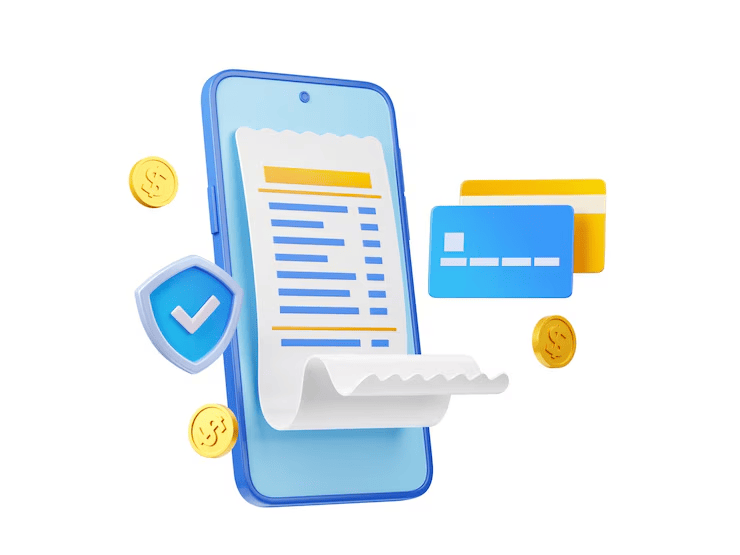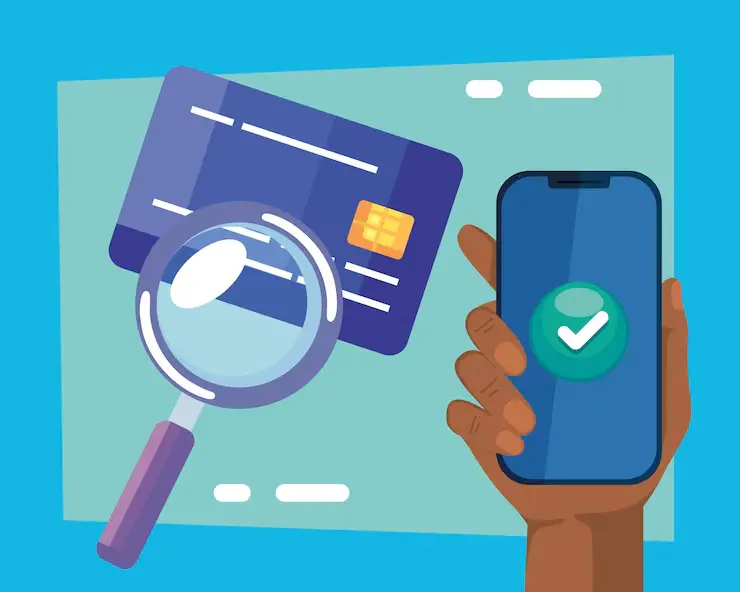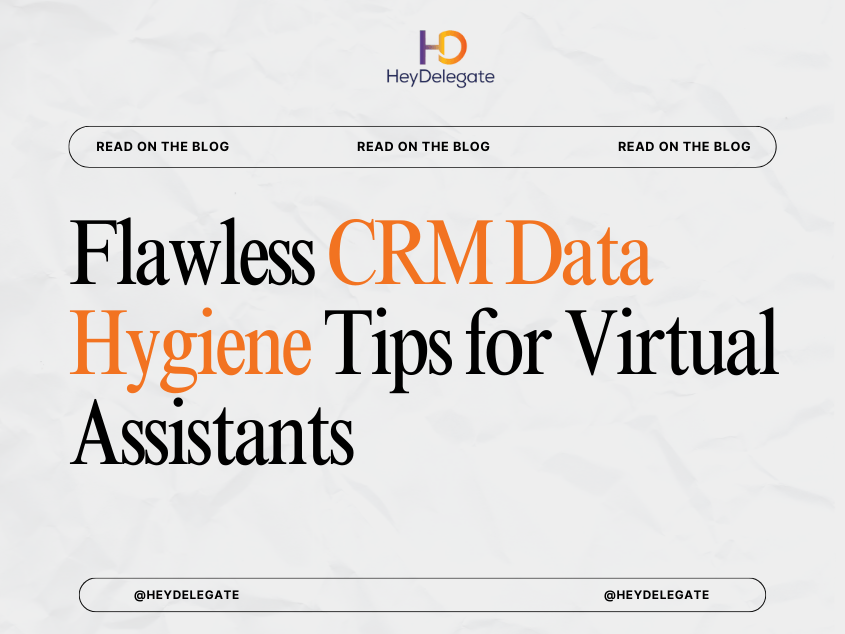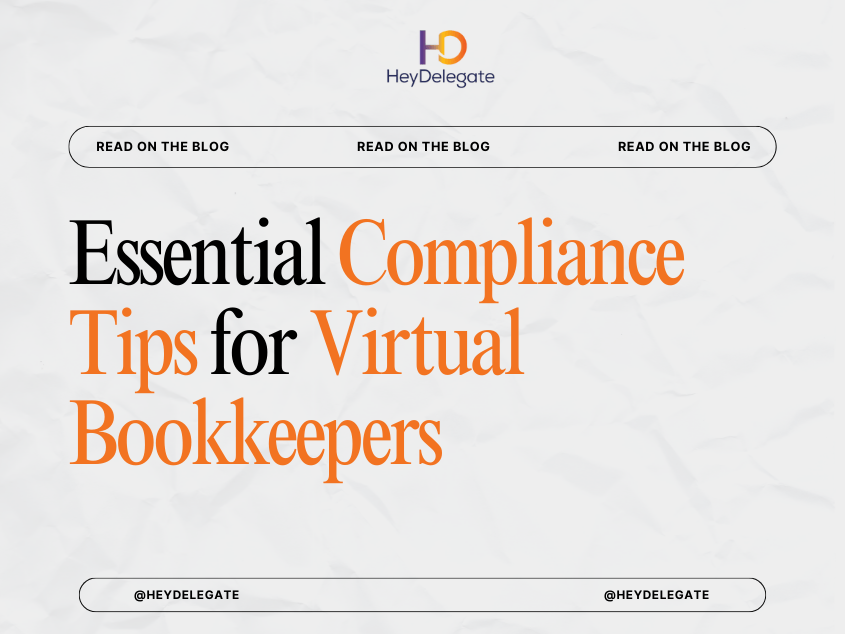Invoicing and payment tracking are essential to any business’s financial health, yet they often fall to the bottom of a business owner’s to-do list. As your client list grows and payments become more complex, even minor inefficiencies in managing invoices can lead to delayed revenue, cash flow problems, and unhappy clients.
This is where virtual assistants (VAs) come in. By delegating invoicing and payment tracking tasks to a skilled VA, you not only gain back valuable time but also ensure your financial operations remain accurate and professional. In this blog, we’ll explore the critical role VAs can play in managing invoices and tracking payments, and how to effectively integrate them into your finance workflow.
Why Invoicing and Payment Tracking Matter
Every business, whether a freelancer, small business, or e-commerce store, needs a smooth invoicing process to thrive. Here’s why it’s crucial:
- Cash Flow Management: Timely invoicing ensures money keeps flowing into your business.
- Client Relationships: Clear and professional invoices reduce confusion and disputes.
- Compliance and Reporting: Accurate records are essential for tax preparation and financial reporting.
- Time Efficiency: Streamlining these processes frees up time for core business activities.

What Invoicing Tasks Can Be Delegated to a VA?
Virtual assistants can manage the entire invoicing cycle, including:
1. Invoice Creation
Using accounting or invoicing software (like QuickBooks, Xero, FreshBooks, or Wave), your VA can:
- Generate invoices based on provided billing data
- Include all necessary details (business name, services, tax info, due dates)
- Customize invoice templates with your branding
2. Recurring Invoicing
For retainer clients or subscription services, your VA can:
- Set up automated recurring invoices
- Schedule invoice delivery dates
- Ensure accuracy with updated service terms or amounts
3. Payment Tracking
Tracking payments ensures no outstanding balances are forgotten. Your VA can:
- Monitor incoming payments and match them with corresponding invoices
- Mark invoices as paid, partially paid, or overdue
- Update payment records in real time
4. Follow-Up on Outstanding Invoices
Chasing late payments is a task few enjoy. A VA can:
- Send polite reminder emails
- Escalate overdue invoices with firm, professional messages
- Report on aging receivables and flag persistent late payers
5. Client Communication and Support
A VA can manage the front-line communications regarding invoicing:
- Answer client queries about payments
- Re-send invoices as needed
- Clarify line items or payment instructions
6. Record Keeping and Filing
A well-organized invoicing system helps with audits and taxes. Your VA can:
- Digitally file all invoices and payment confirmations
- Maintain updated records in cloud storage or accounting software
- Archive old invoices by fiscal year
Tools That VAs Commonly Use for Invoicing
Your VA should be proficient in tools that simplify the invoicing process. Popular platforms include:
- QuickBooks: Industry standard for accounting and invoicing
- FreshBooks: User-friendly for freelancers and small businesses
- Xero: Great for scalable bookkeeping with multi-user support
- Wave: Free and simple for startups and solo entrepreneurs
- Zoho Invoice: Offers automation and time-tracking integrations
Cloud-based tools allow you and your VA to work collaboratively and in real-time.

Best Practices for Delegating Invoicing to Your VA
1. Define Clear Invoicing Procedures
Document your expectations:
- Preferred invoice format and language
- Payment terms
- Accepted payment methods (bank transfer, PayPal, credit card)
2. Create Invoice Templates
Provide editable invoice templates with your logo, payment instructions, and terms. Your VA can use these consistently for every client.
3. Grant Secure Access
Ensure your VA has secure, limited access to your accounting tools. Use role-based permissions and strong password protocols.
4. Set Regular Check-Ins
Establish weekly or bi-weekly meetings to review:
- Outstanding invoices
- Recent payments
- Clients needing follow-up
5. Monitor KPIs and Reporting
Request monthly reports on:
- Number of invoices issued
- Outstanding payments and aging breakdown
- Average payment collection time
Benefits of Delegating Invoicing and Payment Tracking to a VA
1. Saves Time
No more late nights chasing payments or formatting invoices. Focus on revenue-generating tasks instead.
2. Improves Accuracy
VAs follow structured processes and use automation tools that minimize errors.
3. Strengthens Client Relationships
Professional, timely communication around payments increases client trust and satisfaction.
4. Supports Scaling
As your business grows, so does the complexity of your invoicing. A VA helps maintain control and avoid financial chaos.
5. Ensures Consistent Cash Flow
With timely follow-ups and tracking, payment delays are reduced, improving your financial stability.
Real-World Example: Freelance Digital Agency
Samantha runs a boutique digital marketing agency and used to handle all invoicing herself. As her client base expanded, she found herself sending late invoices, forgetting to follow up on overdue accounts, and struggling with cash flow.
After hiring a virtual assistant, she delegated:
- Creating and sending all invoices through QuickBooks
- Setting reminders for due dates
- Sending payment confirmations and thank-you emails
Within two months, her average payment turnaround improved from 28 days to 17 days, and her late payment rate dropped by 60%.
How to Find the Right VA for Invoicing Tasks
Look for VAs with the following traits:
- Experience with accounting or invoicing tools
- Strong attention to detail
- Excellent communication and professionalism
- Familiarity with your preferred payment platforms
Ask for case studies or references related to invoicing tasks to assess their track record.

Summary
Invoicing and payment tracking may not be glamorous, but they are foundational to business success. Delegating these tasks to a virtual assistant can transform your financial workflow, ensuring timely payments, accurate records, and a more professional client experience.
If you’re ready to reduce your administrative burden and gain back precious hours, consider bringing on a VA with invoicing expertise. You’ll be surprised how much smoother your business can run when you don’t have to worry about who owes what.
Need help finding a trusted virtual assistant for invoicing and financial support? HeyDelegate connects you with skilled professionals who understand the nuances of business finances and client communication. Reach out today to streamline your cash flow with confidence.



